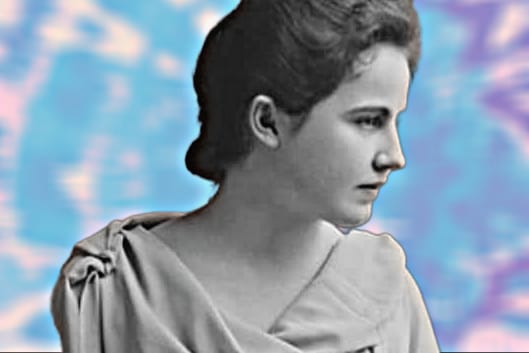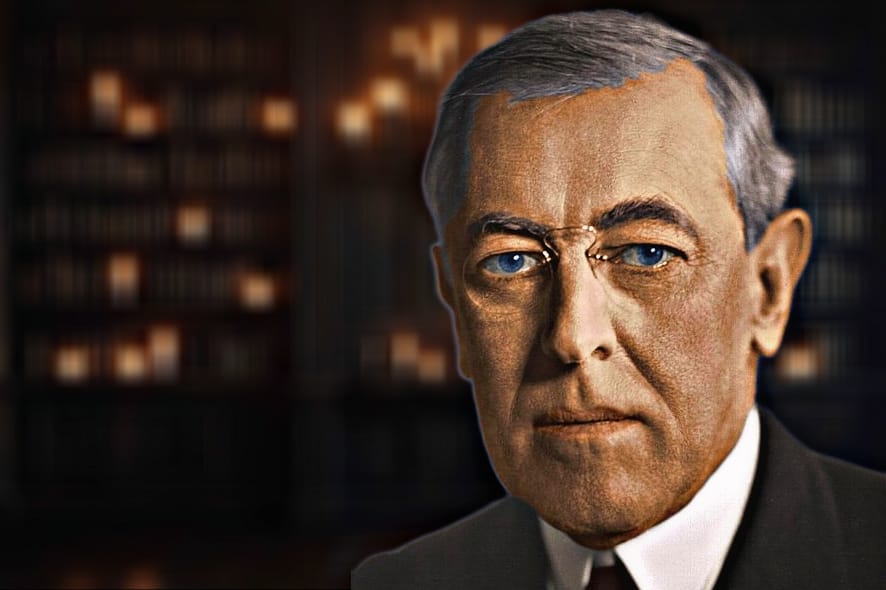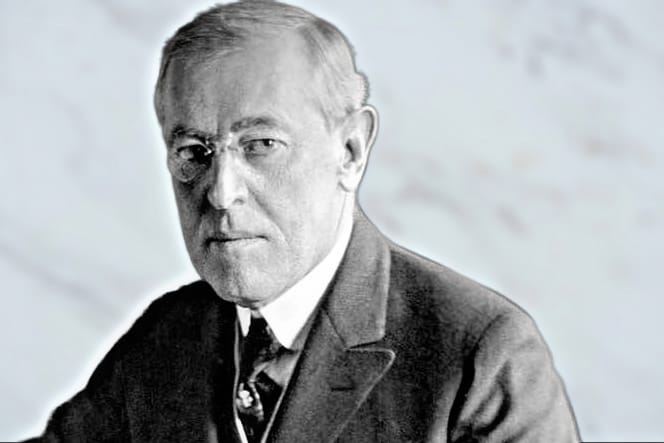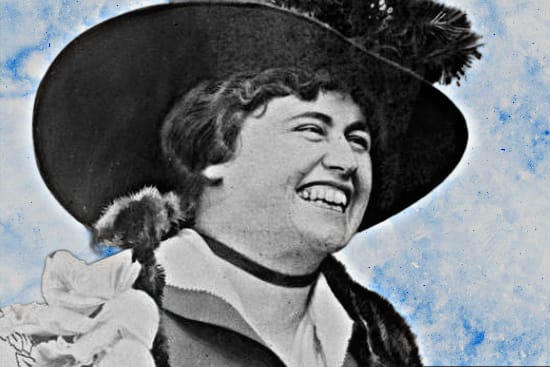Edith Wilson is one of the most fascinating yet often overlooked figures in American history. As the second wife of President Woodrow Wilson, she played a critical and often underappreciated role in the administration, particularly during a crucial period when her husband fell ill. Her life and actions during the final years of his presidency offer a unique and complex perspective on the intersection of gender, power, and political influence.
In this article, we will explore the life and legacy of Edith Wilson, detailing her early life, marriage to Woodrow Wilson, her involvement in the White House, and her controversial role in the administration after her husband’s stroke. We will also examine how Edith Wilson’s actions during this period affected the political landscape of the time, the public perception of her, and how she has been remembered in historical accounts.
Early Life and Marriage to Woodrow Wilson

Edith Wilson was born on October 15, 1872, in Wytheville, Virginia. She was the daughter of a prominent Virginia family, with her father being a successful businessman. Edith’s upbringing was steeped in Southern tradition, and her family had strong ties to the region’s political and social elite. However, Edith Wilson’s path to the White House did not follow a typical trajectory.
Her early life was marked by personal tragedy. Her father died when she was young, and Edith was sent to live with her mother and stepfather in the state capital of Richmond. She attended several schools but never graduated from a formal institution. Despite this, Edith was well-read, intelligent, and highly resourceful, characteristics that would serve her well in her later life.
Edith met Woodrow Wilson in 1915, when she was in her early forties and he was the president of Princeton University. The two were introduced through mutual friends and quickly struck up a romantic relationship. They married on December 18, 1915, making Edith Wilson the second First Lady of the United States after Wilson’s election in 1912.
Unlike many First Ladies before her, Edith Wilson had a more independent personality. She was not content merely to serve as a social figurehead. Instead, she worked alongside her husband in various capacities, taking an active interest in the affairs of the presidency and the administration.
The Impact of Woodrow Wilson’s Illness
The turning point in Edith Wilson life came in 1919 when Woodrow Wilson suffered a severe stroke. On October 2, 1919, the President was struck with a debilitating stroke that left him partially paralyzed and unable to perform many of his duties. Wilson physical health rapidly deteriorated, and it became clear that he was no longer able to fulfill his presidential responsibilities. However, the extent to which this incapacitation affected the administration remained unclear to the public for quite some time.
During this critical period, Edith Wilson found herself thrust into a position of extraordinary responsibility. While Woodrow Wilson was physically incapacitated, he was still mentally sharp. Edith took on the role of caretaker and gatekeeper, determining who could see her husband and what information could be relayed to him. But her influence went beyond that.
Edith Wilson’s Role in the White House: Acting President?

In the wake of Wilson stroke, Edith Wilson essentially became the de facto ruler of the United States, although she was never formally recognized as such. She took on the day-to-day management of the White House and, for all intents and purposes, served as the President’s proxy. Edith Wilson’s ability to navigate political and diplomatic crises, while managing her husband’s delicate health, demonstrated both her resilience and political acumen.
She assumed a quasi-presidential role that has been the subject of much debate. Some historians have argued that Edith Wilson was an unelected president, wielding an unprecedented amount of power. She read all official documents and reports before passing them on to her husband, effectively controlling access to the President. She also took an active role in determining which policies would move forward. In a way, she became the gatekeeper not just to her husband, but to the American government.
Her influence was most visible in the aftermath of the Versailles Treaty negotiations and America’s involvement in the League of Nations. After Woodrow Wilson’s stroke, the President’s fragile health prevented him from engaging with these critical issues, yet Edith Wilson’s behind-the-scenes influence ensured that the administration’s policies continued to take shape according to her husband’s ideals. She was instrumental in ensuring that Woodrow Wilson’s vision for the League of Nations and international diplomacy remained the centerpiece of his post-stroke policies.
The Political and Public Perception of Edith Wilson
The role Edith Wilson played in the administration after her husband’s stroke raised questions about the limits of presidential power and the responsibilities of the First Lady. Many members of the public, especially those in political circles, were deeply uncomfortable with the idea that a woman—without any formal political experience or authority—was wielding so much power.
Critics claimed that Edith Wilson was essentially running the government in place of her husband, undermining the democratic process. In 1921, journalist Dorothy Thompson famously called Edith “the first woman President of the United States,” a title that would stick in popular memory, though not without controversy.
At the same time, others praised Edith Wilson for her pragmatism and loyalty to her husband. She was widely regarded as having preserved the dignity and stability of the presidency during a time of political and personal crisis. Her management of Woodrow Wilson’s health and the smooth continuation of the government under her direction were seen by many as evidence of her competence and dedication.
However, her role as a power broker was not without challenges. Edith Wilson was careful to keep her actions secretive, only revealing the extent of her influence much later in her memoirs. She also avoided public speaking engagements and press conferences, preferring to stay out of the spotlight. Her behind-the-scenes role in the Wilson administration remained largely unexamined for much of the 20th century.
Edith Wilson Later Years and Legacy

After Woodrow Wilson death in 1924, Edith Wilson largely withdrew from public life. She spent much of her time at the Wilson family estate in Virginia and wrote her memoirs, which were published in 1939 under the title My Memoir. The book provides an intimate glimpse into her life in the White House, her marriage to Woodrow Wilson, and the decisions she made during his illness.
Despite her pivotal role in American history, Edith Wilson was not widely celebrated in her time. The revelations of her secretive role during her husband’s presidency were met with mixed reactions, and she was often dismissed as a power-hungry woman who overstepped her bounds. However, recent scholarship and popular interest have led to a reevaluation of her role in American history.
Historians today acknowledge Edith Wilson as a highly capable and influential First Lady. Her management of Woodrow Wilson’s affairs during his illness is now recognized as an extraordinary act of political survival and leadership. Despite the challenges and controversies surrounding her legacy, Edith Wilson’s contributions to the Wilson presidency and her role as the first woman to hold significant political power in the White House are increasingly seen as important moments in American history.
Edith Wilson Influence on Future First Ladies
Edith Wilson legacy has had a lasting impact on the role of the First Lady in American politics. While few First Ladies have ever wielded the kind of power that Edith did, her actions paved the way for women in politics and public life to assert themselves in new ways. Her ability to exercise political authority behind the scenes demonstrated that women, even in the early 20th century, were capable of leadership in the highest echelons of government.
In addition, Edith Wilson’s influence set a precedent for future First Ladies, particularly in terms of their involvement in political matters and policy decisions. While most First Ladies have not taken on the same level of political power, many have served as influential advisors to their husbands and have played important roles in shaping public policy. Figures such as Eleanor Roosevelt, Lady Bird Johnson, and Hillary Clinton have each, in their own way, followed in Edith Wilson’s footsteps by asserting their voices in political and public life.
Conclusion
Edith Wilson life and legacy offer a compelling narrative of a woman who defied the conventional expectations of her time to shape the course of American history. While she has often been overshadowed by her husband’s presidency, her actions during Woodrow Wilson’s illness and her management of the White House during his incapacitation have earned her a more prominent place in the annals of history. Edith Wilson’s unique role in the administration, her influence on future First Ladies, and her enduring legacy as a political figure continue to captivate historians and the public alike.
Through her dedication, intelligence, and strength, Edith Wilson was more than just the wife of a president—she was a powerful and capable leader in her own right. Her life is a testament to the evolving role of women in American politics, and her contributions to the Wilson administration should be remembered as a crucial chapter in the history of the White House.

